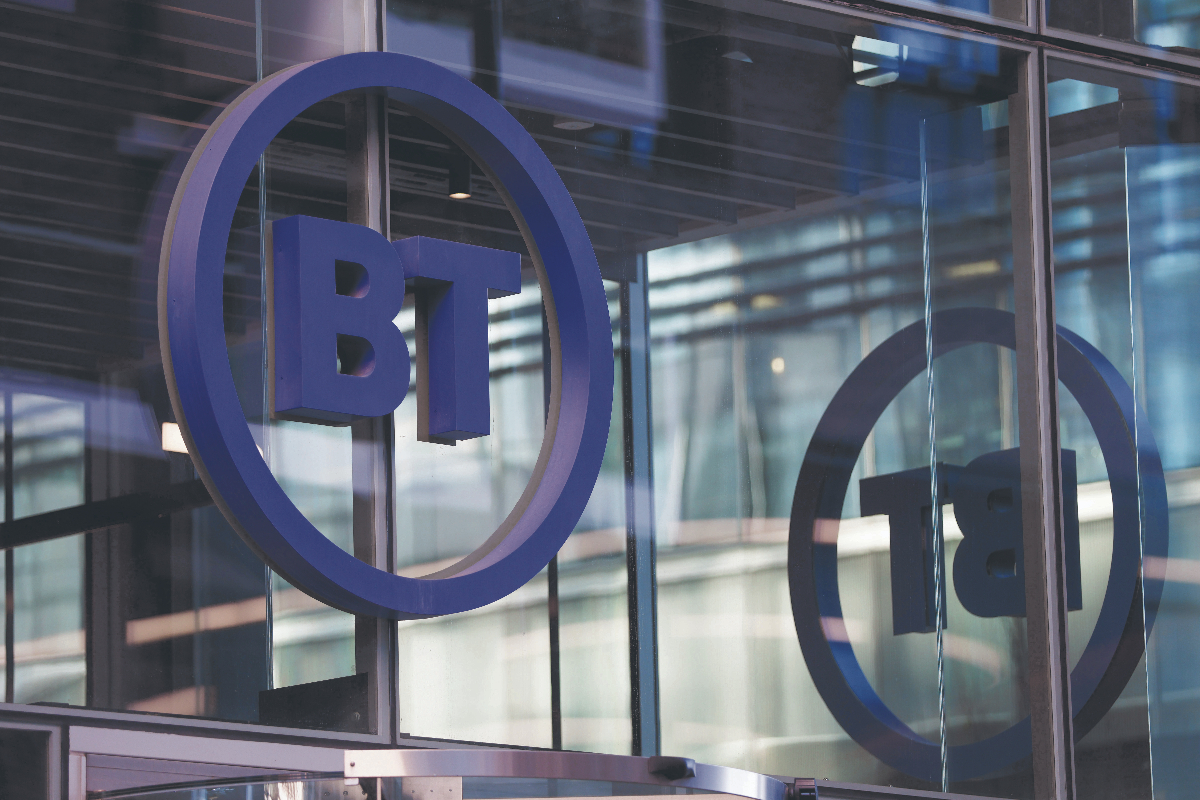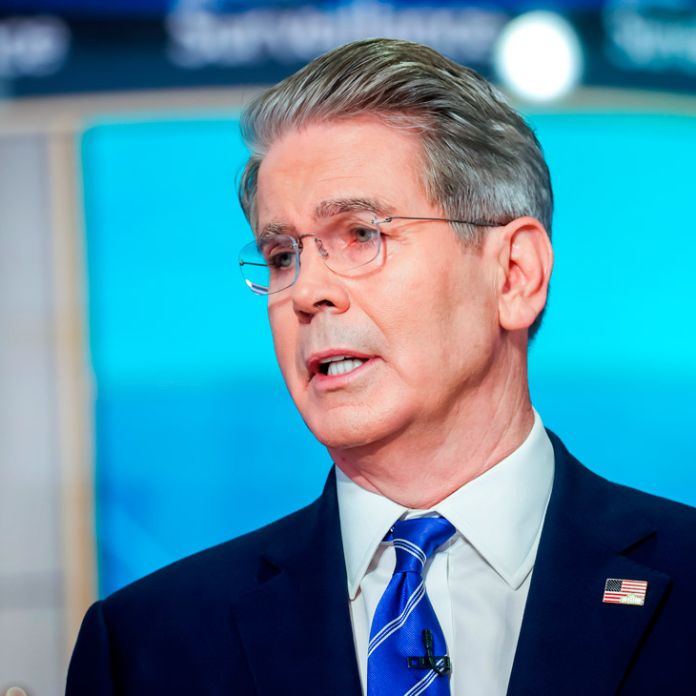By Saskia Koopman
Copyright cityam

BT has called on the UK government to remove regulatory barriers and accelerate mobile network expansion.
The call comes as the FTSE 100 giant announced plans to deliver standalone 5G (5G+) coverage to 99 per cent of the UK population by 2030, four years ahead of rival operators’ stated projections.
Speaking at the Connected Britain conference a couple of weeks ago, BT chief executive Allison Kirkby told City AM the telecoms sector faces “peak government-inflicted costs”, including high business rates, spectrum fees, and compliance levies, which could slow infrastructure investment.
She urged the government to implement planning reforms, expand spectrum availability, and remove unnecessary costs to enable faster rollout of next-generation mobile networks.
BT investing in next-generation networks
BT has already begun an independent rollout of 5G+, deploying over 1,500 small cells nationwide, including 500 in the past year, and Europe’s first Ericsson AIR 3284 Massive MIMO units in Leeds, which offer four times greater uplink capacity than standard 5G.
The company also recently launched Advanced RAN Coordination (ARC), a system that allows nearby mobile sites to share capacity dynamically to improve performance during peak periods.
Howard Watson, BT’s chief security and networks officer, said the network can deliver up to 100 times more capacity than 4G, helping meet demand in crowded areas and supporting AI-driven applications.
BT has argued that broader improvements in mobile connectivity could boost the UK economy by up to £230bn by 2030, according to research from Assembly.
“Connectivity doesn’t just enrich lives; it powers the economy”,Watson said.
However, regulatory hurdles and high costs could continue to slow rollout, particularly for smaller operators.
The UK government has yet to commit to changes in spectrum allocation or planning reforms that could accelerate nationwide coverage
BT also acknowledged that achieving 99 per cent coverage would not address all connectivity challenges.
“Targeted interventions will still be required to improve coverage in specific areas, such as along railways”, the company wrote on a blog post.
While BT positions itself as leading investment in 5G infrastructure, the company’s ambitions highlight broader questions about the pace of mobile network expansion in the UK and the role of government policy in enabling large-scale technological upgrades.



